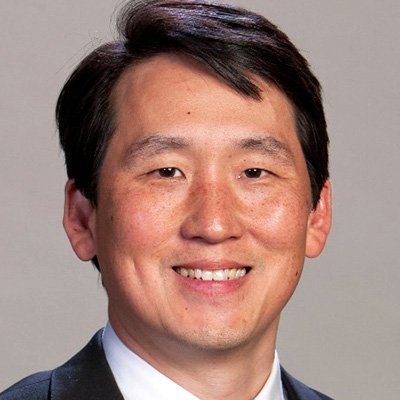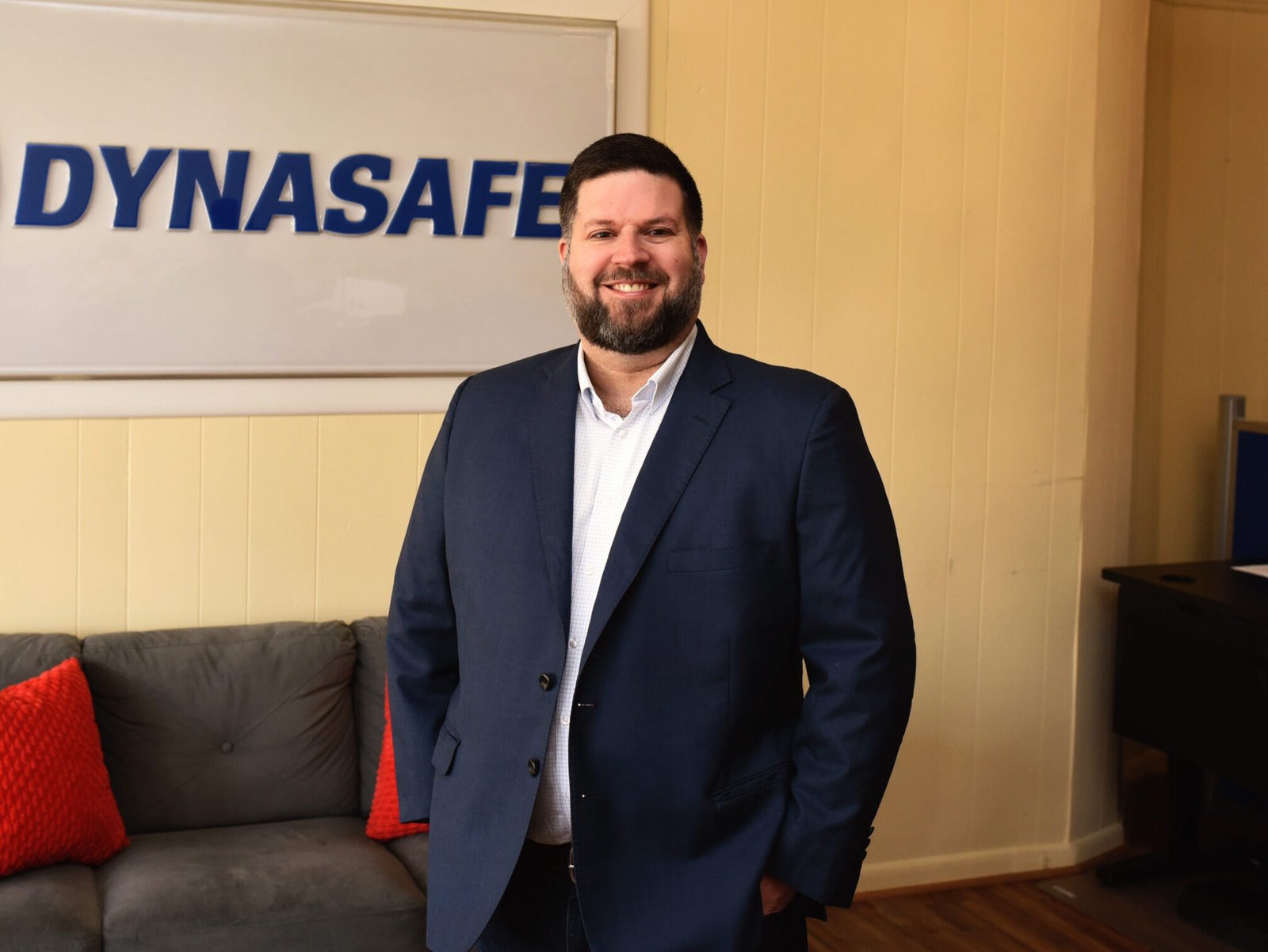Several years ago, I interviewed James Rhee, former CEO of Ashley Stewart, in an interview originally published in Thrive Global. James was the CEO of Ashley Stewart at the time of the interview. Here is an excerpt from our conversation:
Adam: How did you get here?
James: Since 1991, the Ashley Stewart brand has been a steady but under-the-radar advocate for women and the concept that all people should be treated with dignity and respect. Ashley Stewart has always been more than just a plus-size fashion brand for many of the women and communities that knew her best. As one of the largest and oldest brands whose origins are rooted in the African-American community, Ashley Stewart is a historically important platform. In August 2013, only three years removed from one bankruptcy and still operating without wifi at corporate headquarters and computers at stores, Ashley Stewart was on the brink of liquidation. She needed a friend. That friend came in the form of a private equity investor and former high school teacher who had not worked in retail since working as a busboy during college. I just wanted the brand and the women who sustained it to have a fair chance to be successful. What was supposed to be a six-month interim role is now approaching a five-year anniversary. And today, Ashley Stewart is on the vanguard of what I would call social commerce. It is a technologically and mathematically fueled business with a broader purpose and a burgeoning media presence.
Adam: What failures, setbacks, or challenges have been most instrumental to your growth as a leader?
James: Throughout my life and career, I have never been shy about putting myself in vulnerable positions where I had the chance to learn and apply what I already knew to new situations. I guess that my life and career have been a never-ending string of “first times”. I went from being a high school teacher/coach to Wall Street and private equity, and now I find myself at the helm of a fashion business transforming into a socially significant, advocacy marketplace for women across all races, ethnicities, and nationalities. Humility and vulnerability are great ways to catalyze continuous improvement and learning. Focusing on the process and journey is much more enjoyable and productive than focusing on a fixed end-game. Life and business move too fast, with too many ups and downs, for it to be worthwhile to fixate on superficial things “in the now”.
Adam: In your experience, what are the defining qualities of an effective leader?
James: An effective leader inspires trust in others so that they are willing to dedicate their best selves to a transcendent cause or vision. To do this, I believe that leaders need to be effective teachers and recognize the trust that is being put in them by their customers, team, and shareholders. That trust requires self-sacrifice – consistently putting others first. I also believe that leaders need to be authentically willing and able to be voracious listeners and thus learners.
Adam: How can leaders and aspiring leaders take their leadership skills to the next level?
James: In my mind, complacency and repetition lead to a sense of over-confidence, which in turn can cause some people to stop listening and acting in the best interests of those they serve. Trying completely new hobbies, visiting countries where you don’t speak the language, and making new friends are easy ways to get out of your comfort zone. I find that those are times where you achieve greater self-awareness and reflection, which in turn allows your brain to process and connect prior ideas and experiences differently. I also learn a lot about people from seeing how they treat those in positions of weakness and vulnerability.
Adam: What is your best advice on building, managing, and leading teams?
James: I would advise future leaders to focus on the ends of the barbell, not the middle part. The ends of the barbell are the only parts that actually touch the ground and create a stable foundation. One end of the barbell is the value system and culture of the entire organization. At Ashley Stewart, from the very first day and even when we were scrambling to sell warehouse shelving to generate liquidity for payroll, we established kindness and math as the non-negotiable fixtures of the company. Both are relentless in seeking empirical truth, and both are very difficult to manipulate. The other end of the barbell is rigorous attention to detail and the underlying words and algorithms that put the value system and culture into action. Once those ends are firmly established and made transparent, the leader’s job is to attract, inspire, and empower people to connect the two ends of the barbell on a daily basis with a long-term view.
Adam: How have mentors shaped your success and?
James: For good or for bad, I have not had many professional mentors, which is probably one of the reasons why I ended up being an entrepreneur. I believe that the keys to living a fulsome life and running a successful business are fundamentally the same: continuous learning, happiness, humility, consistent values, friendship and the constant balancing of moderation and innovation. For that reason, I guess it is not surprising that I have found my personal mentors, namely my father and father-in-law, to be my best professional mentors, each in their own very unique way.









